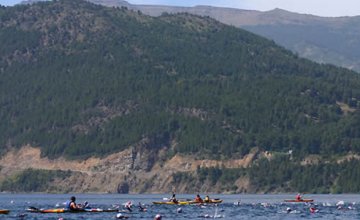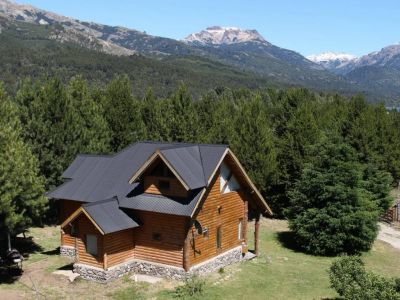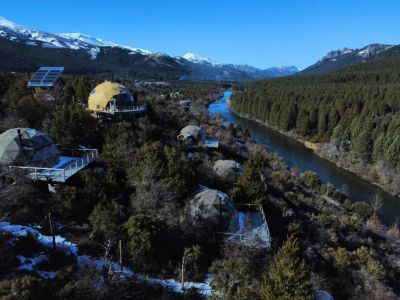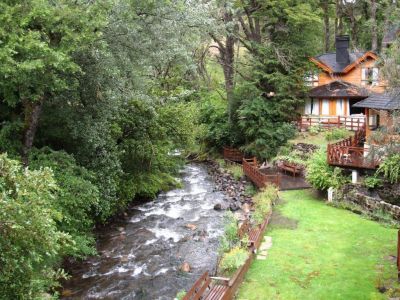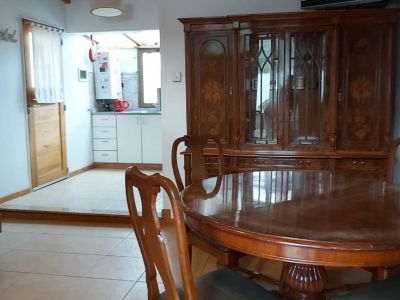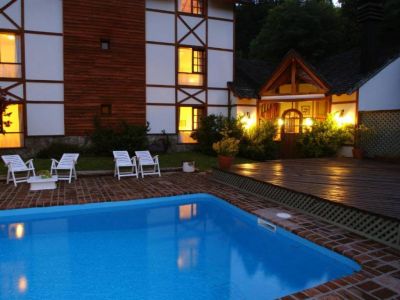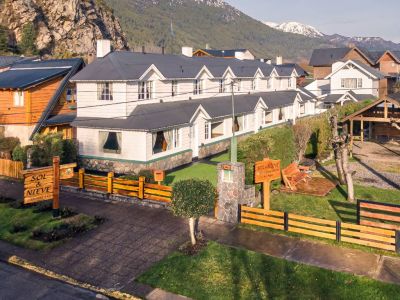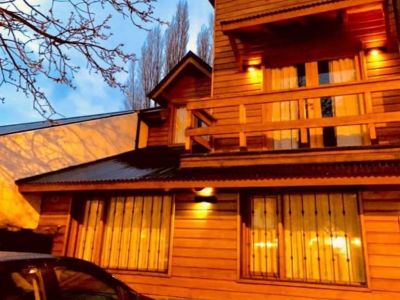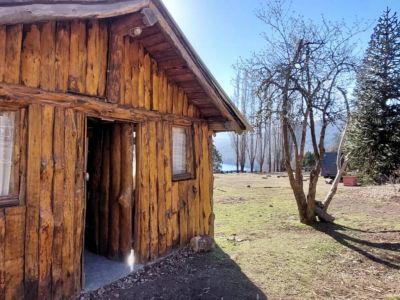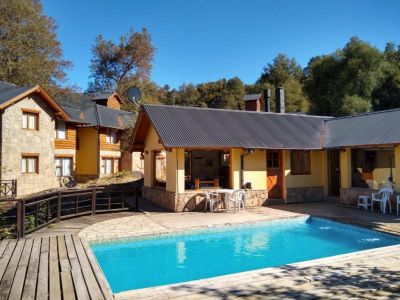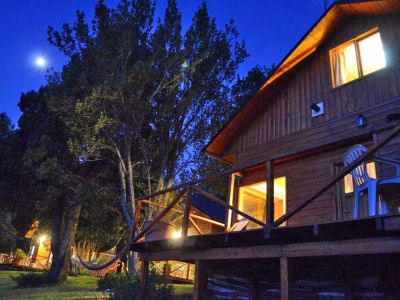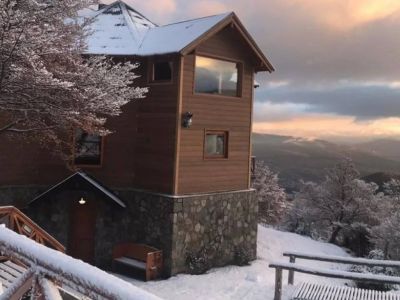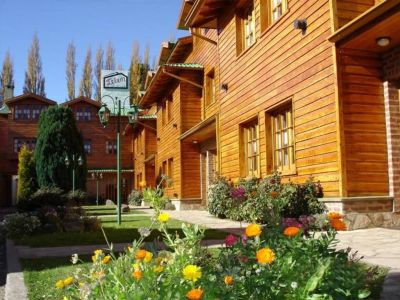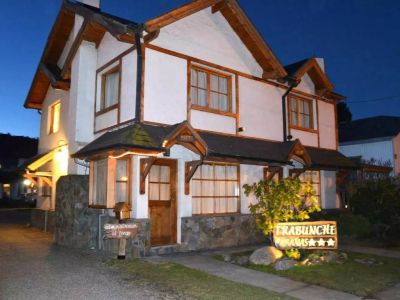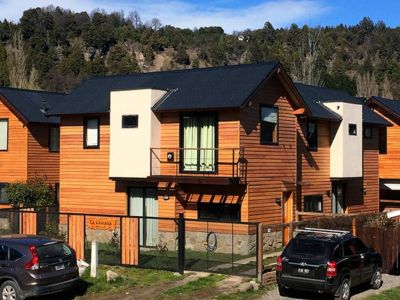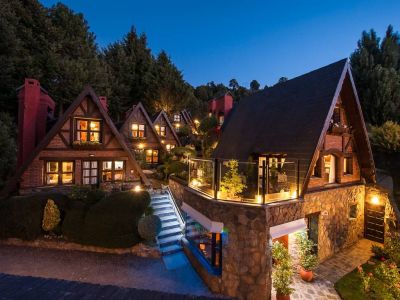It is a usual fact that one of the first things we do as soon as we reach a tourist destination is hire a city tour to have a first glance of the city and its people. In San Martín de los Andes, this possibility is offered by the Redbus, which goes around the typical sights in the center and the outskirts as the only double-decker bus in the city.
Easy to spot, it is parked at San Martín Square and it is a real collectible piece. This English Routemaster with a 0600 Leyland engine has kept its typical appearance intact and it was on display at the Buenos Aires Automobile Museum for a while.
Once we made ourselves comfortable on the top deck to catch the best view, we were welcomed by the guide. The vehicle set out and she started to tell us about the first days of this Patagonian district as well as some details about the land where it was settled.
City Tour around San Martín de los Andes
We cruised around the urban shell stopping in front of the early twentieth-century constructions that give evidence of the splendor of the town. European families determined to create a steady population settled down here and built their houses with local wood, especially raulí. A hundred years later, they are considered as architectural heritage and its present dwellers are proud of them.
Little by little we discovered cabins, apart-hotels and residences built on ample plots of land with neat gardens. Introduced plant species have become part of the scene both inside the lawns and on the sidewalks and they provide a nice environment.
Public buildings, the church and the most significant squares appeared before our eyes. So did the most popular stores. Villegas Street, for instance, is the seat of restaurants and steak houses that serve regional specialties and good wine.
We went uphill towards the former hotel Sol de los Andes in order to have a general view of the urban shell and its surroundings from the heights. Then we were shown the refurbished lakefront which features a beach. We saw the pier, its restaurants with privileged sights and its recreational area.
As we took Route 40, also known as the 7-Lake Road, towards Villa La Angostura, we could not believe our eyes: the scene opened up before us to show the vastness of Lake Lácar, some watercrafts crossing it and the mountain range on the west. A short stop let us take some photographs with that magnificent background without getting off the vehicle.
We moved on and, once inside Lanín National Park, we were told how to access Catritre beach and camping site, as well as the accommodation resort called Paihuen.
As the itinerary came to an end, we noticed that the descriptions provided by the guide had answered some of the doubts we had when it started. In turn, we had incorporated new knowledge about the culture of this thriving town.
Its red shade is unmistakable and so is its unhurried pace and its access staircase at the back. A patterned strip known as guarda pampa on its body links it to Patagonian traditions. The Redbus people promise a perfect image of this town-city and its lifestyle.
Mónica Pons
Eduardo Epifanio
Contact of the excursion or tour
Redbus
Plaza San Martín, San Martín de los Andes, Neuquén, Agentina
Cell phone: +54 294-4600699






